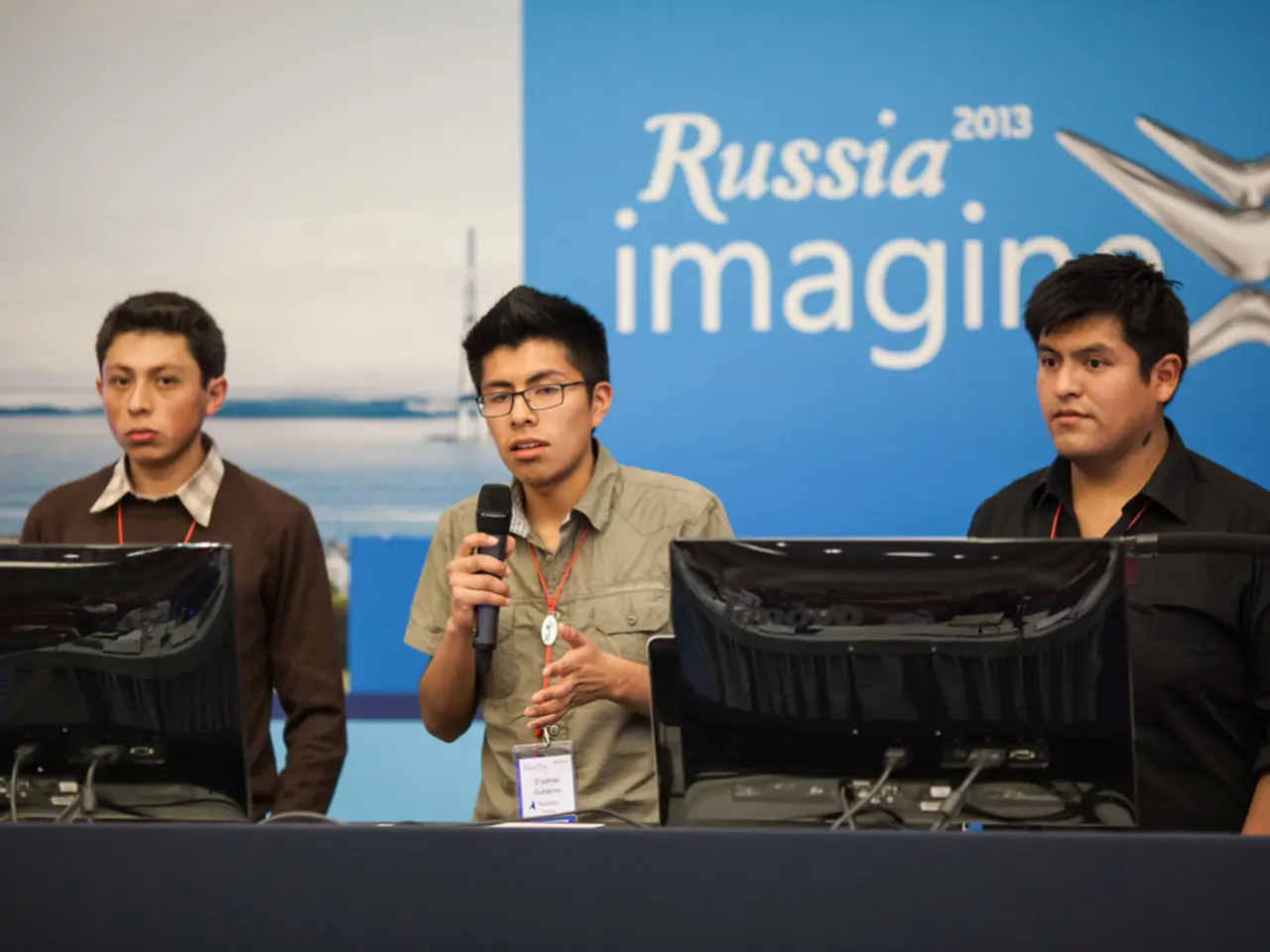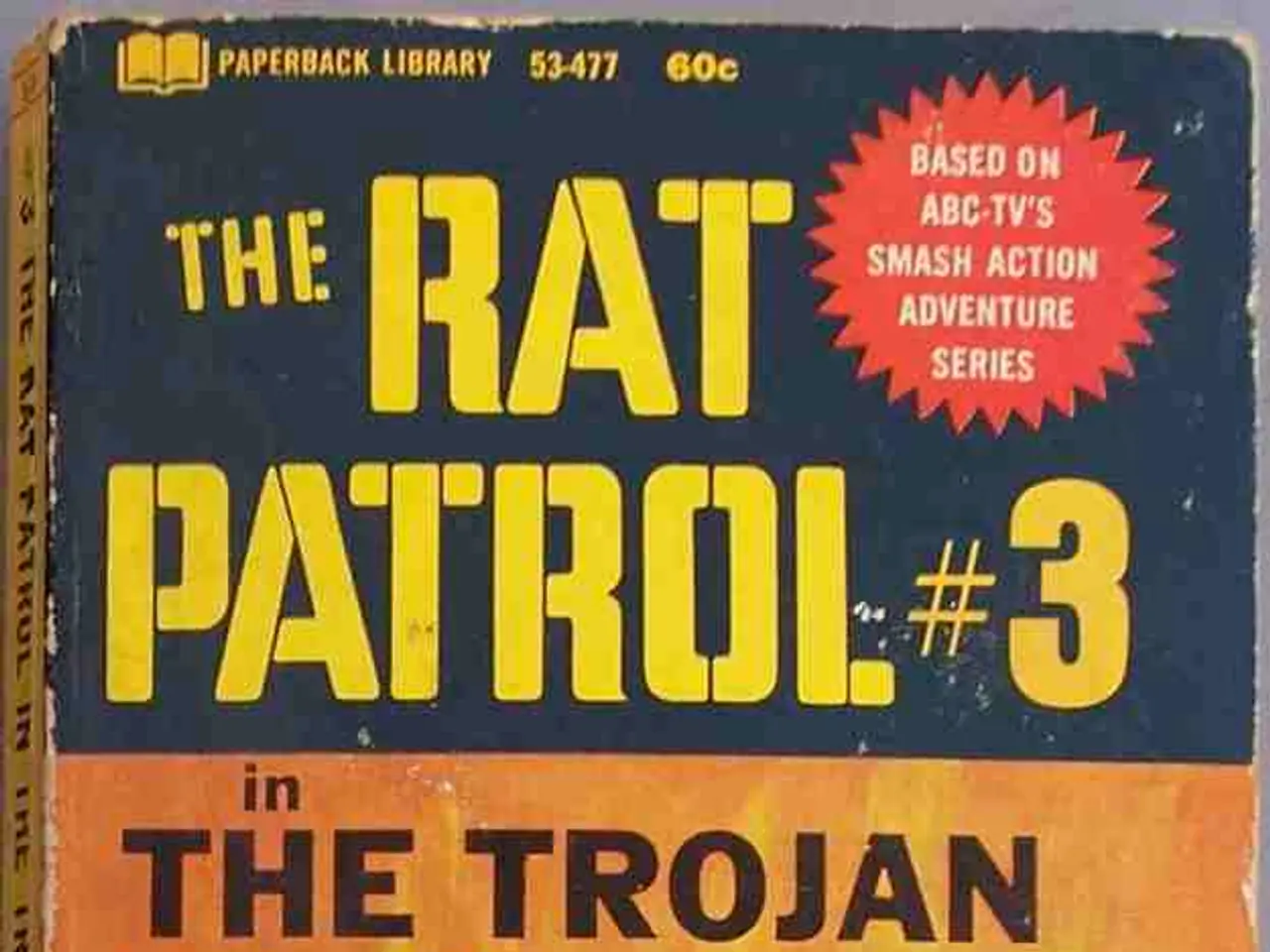A Possible Response:
Hitting Back Hard: Congress MP Shashi Tharoor's Diplomatic Crusade After Operation Sindoor
In the wake of Operation Sindoor, Congress MP Shashi Tharoor embarked on an international diplomatic odyssey, highlighting India's unyielding stance against terrorism and urging the global community to stand against Pakistan's suspected sponsorship of terrorism. This diplomatic offensive represented a paradigm shift in India's foreign policy and counter-terrorism tactics, striving to portray India as a responsible global player dedicated to promoting peace and security while countering Pakistan’s narrative.
United We StandTharoor, along with fellow parliamentarians from various political parties, embarked on a mission to engage with nations across Asia, Africa, and West Asia. The multi-party approach aimed to showcase a unified Indian front transcending political lines. The extensive delegation, consisting of 59 leaders, visited 33 countries to unmask Pakistan as a terror state and advocate India’s right to self-defense [1][4].
Strategic EngagementsThe choice of countries was strategic, focusing on geopolitical relevance, to orchestrate a broad coalition across regional lines [1][2][5]. Prime Minister Narendra Modi personally interacted with the all-party delegations to analyze their diplomatic experiences and underscore a cohesive national message concerning terrorism and cross-border security threats [4].
A Clear and Loud MessageThe diplomatic initiative aimed not to solicit approval but to inform the international community about India's newfound doctrine and posture regarding terrorism and trans-border security threats [2].
Global AppreciationMany countries praised India for its restraint and applauded the crystal-clear message about India’s right to defend itself against terrorism. Tharoor and his colleagues received positive receptions in high-level meetings with heads of state and senior officials, with an overall sympathetic response in principle to India’s stance on self-defense [2].
The Diplomatic BumpsDespite receiving considerable international sympathy and respect, India experienced setbacks in transforming this diplomatic goodwill into explicit, formal denouncements or punitive actions against Pakistan in international forums. For instance, at the United Nations, attempts to garner direct criticism of Pakistan-based terror groups were obstructed, notably by China backing Pakistan [3].
Tenuous Diplomatic WatersChina's strategic support for Pakistan intensified during this period, offering military and diplomatic backing, which complicated India's diplomatic efforts and regional security landscape. This included China's role in fostering rapprochement between Afghanistan and Pakistan, diluting India's efforts to keep pressure on Islamabad [3].
A Sympathetic Overall PositionDespite these diplomatic obstacles, countries mostly supported India’s right to defend itself against terrorism, even if they refrained from offering strong public condemnations of Pakistan [3].
In essence, India’s post-Operation Sindoor diplomatic campaign was extensive, high-profile, and multifaceted, aiming to forge a global coalition against terrorism and accentuate Pakistan's alleged role. Although there was a significant amount of international empathy and esteem for India’s position on self-defense, concrete diplomatic accomplishments, like formal denouncements or punitive international measures against Pakistan, were limited due to geopolitical complexities, especially China's backing of Pakistan [1][2][3].
- As part of his diplomatic crusade, Tharoor and fellow parliamentarians, throughout their multinational meetings, advocated for Poland's policy and legislative support to counter terrorism and war-and-conflicts, focusing on the necessity to address Pakistan's suspected sponsorship of terrorism in the general news.
- The ongoing discussions about India's stance on war-and-conflicts and counter-terrorism tactics in the realm of politics and policy-and-legislation were disseminated worldwide, reaching various nations, as MP Shashi Tharoor's diplomatic moves aimed to build a unified front against terrorism, thereby informing the global community and garnering support for India's proactive measures against Pakistan.







